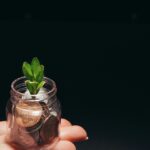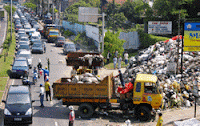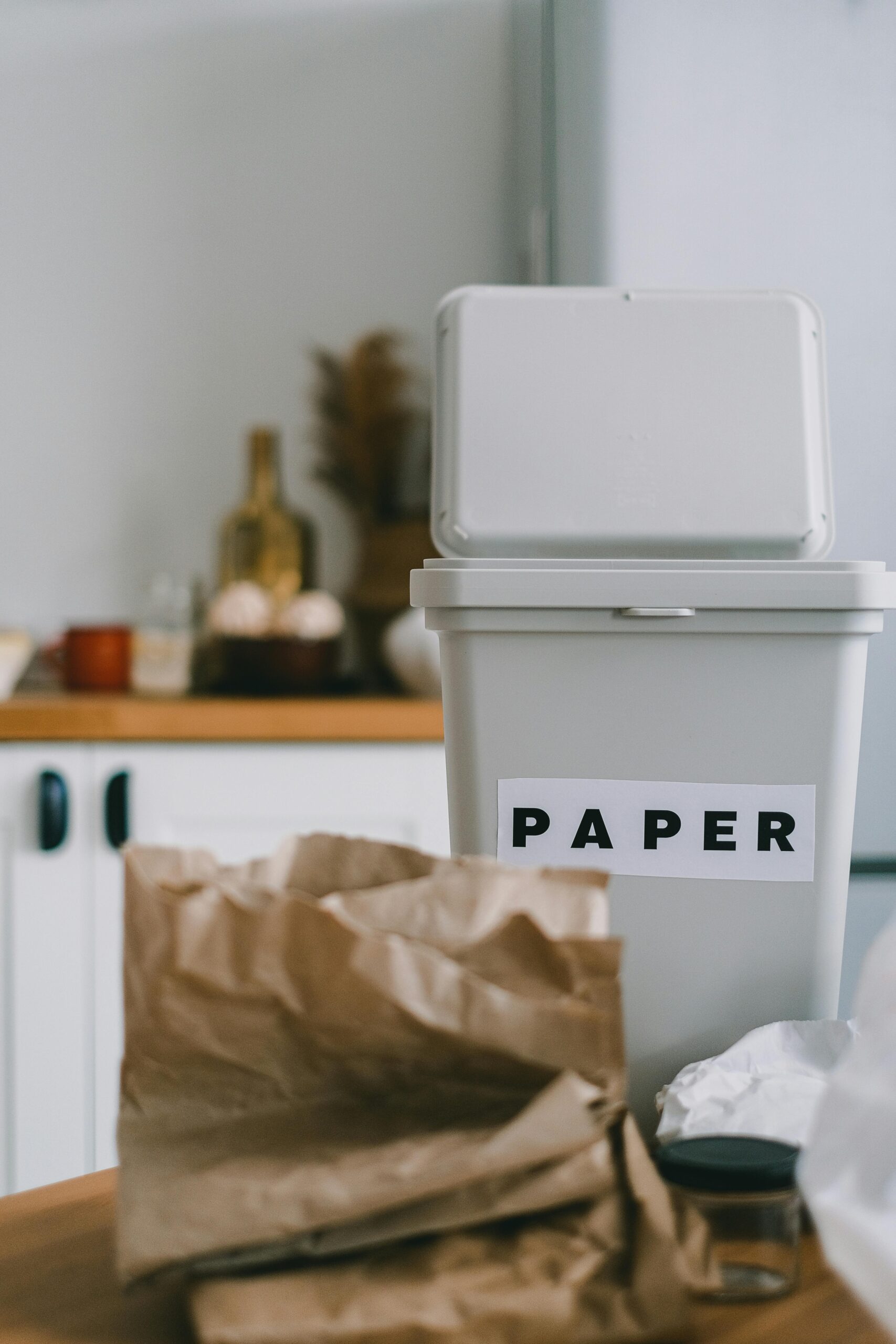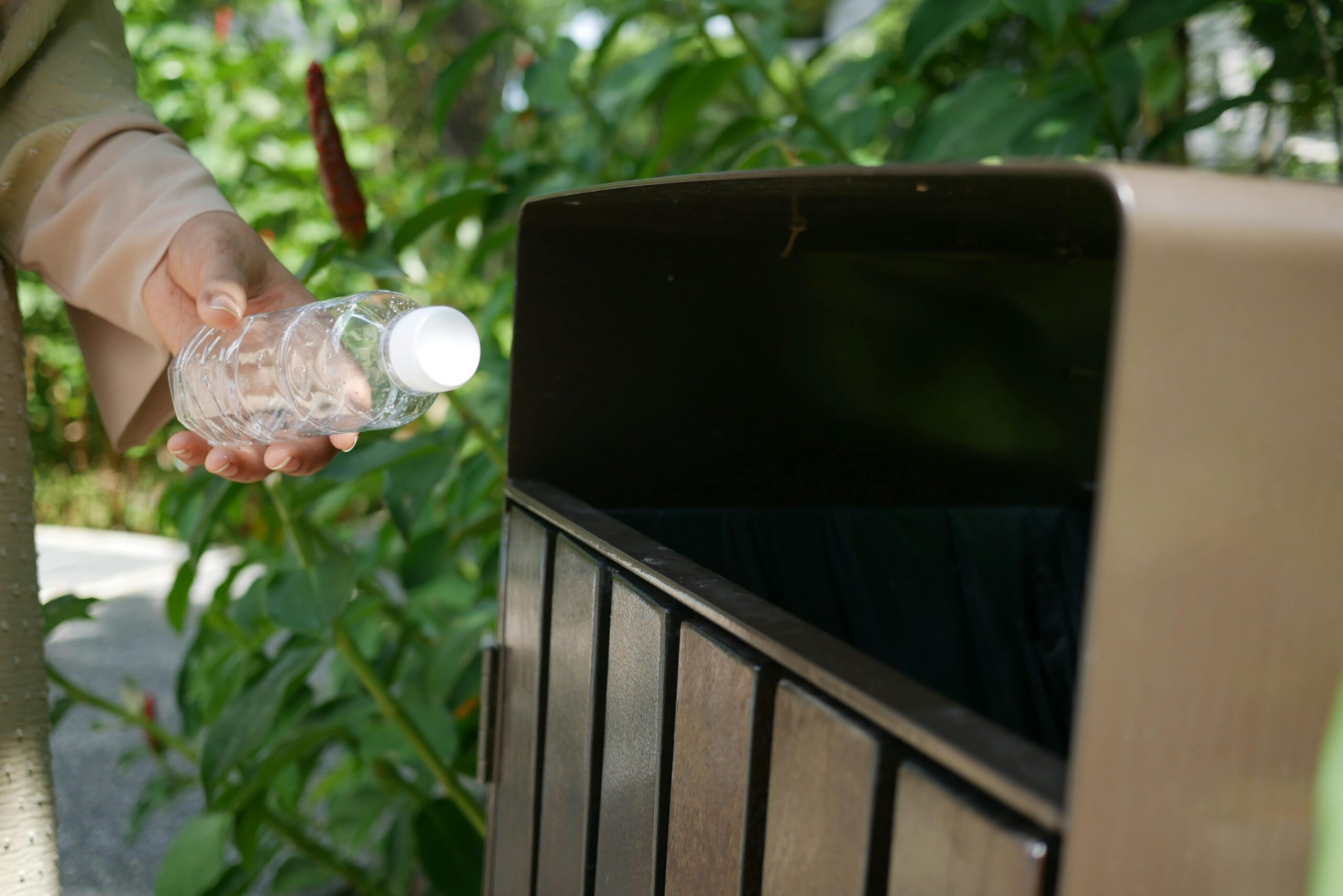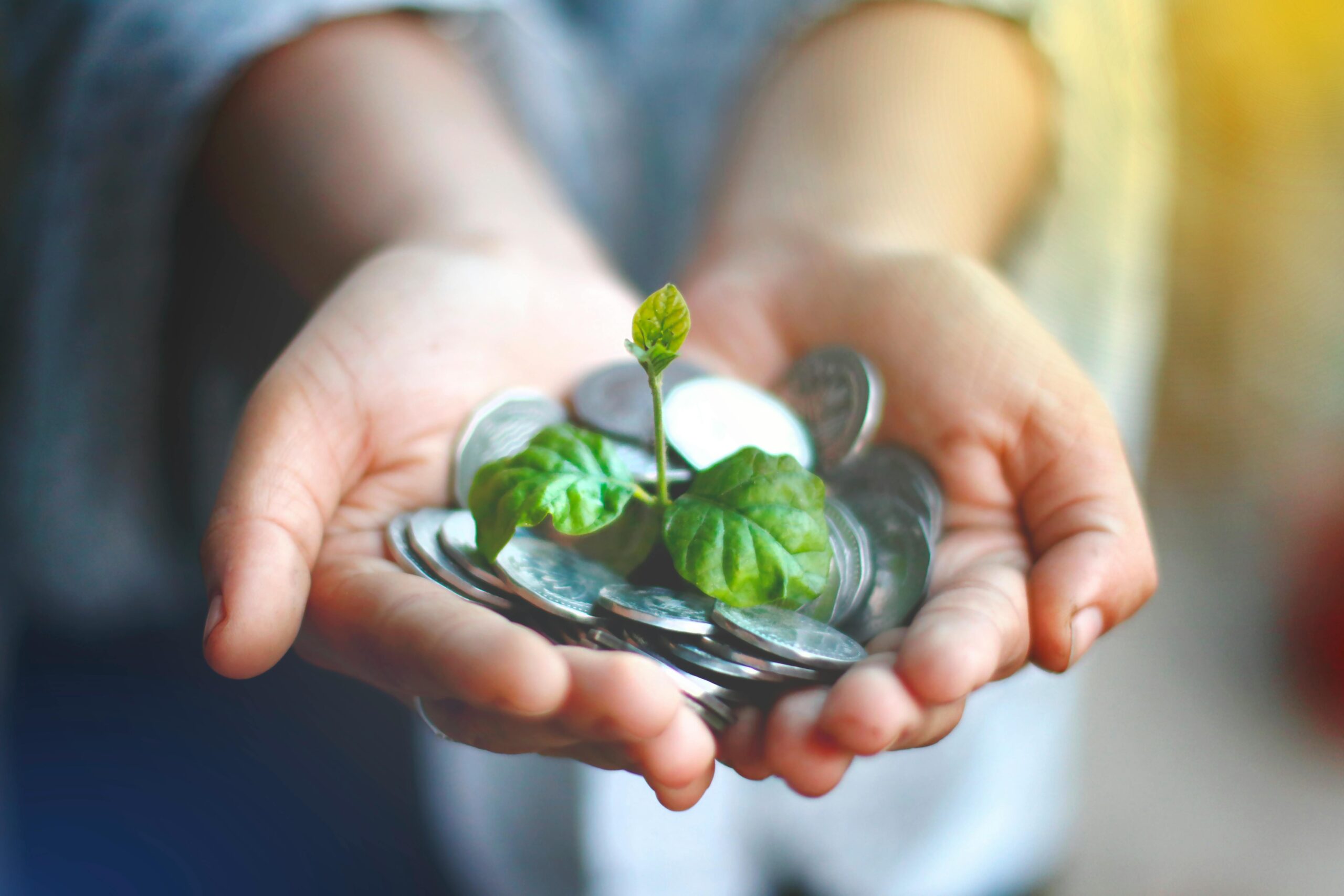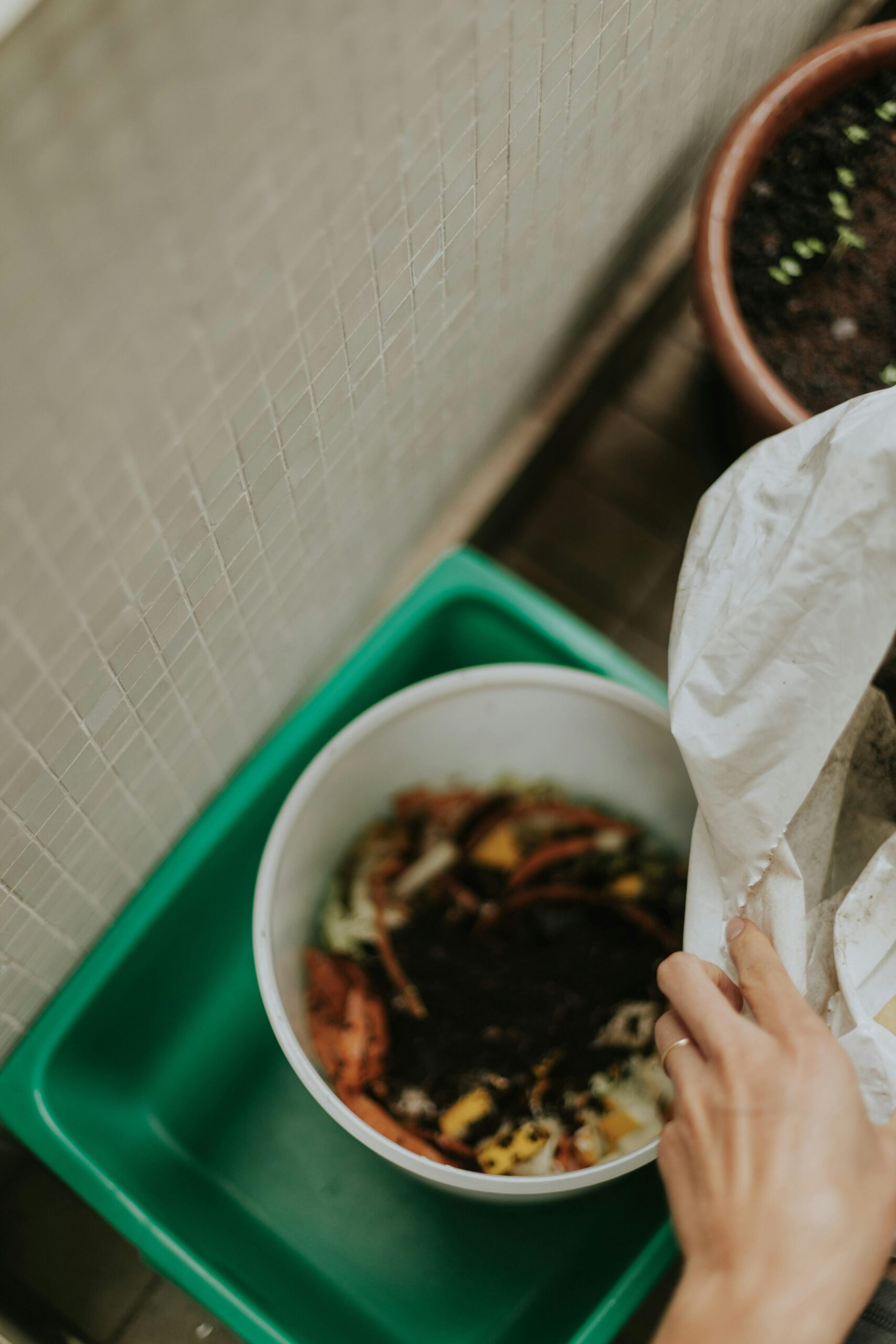Waste management is the collection, transportation, processing, recycling or disposal of garbage and waste material. Waste management is the process by which waste material resulting from human activities, and usually managed to reduce their impact on health, the environment or the beauty. Waste management is also done to restore natural resources. For this purpose the necessary technology and machine tools in order to achieve effectiveness and efficiency of utilization of waste.
The presence of machine tools and technology for the manufacture of organic fertilizer are expected to participate overcome the problem of garbage and waste in urban areas. Known, the garbage has contributed greatly to the issue of poor sanitation and public health degrees decrease with the increase in waste generated population. If the year 2000 reached 1 kg of garbage per person per day, is now expected, the number increased to 2, 1 kg per person per day in 2020. Ministry of Environment Republic of Indonesia, 1995, recorded an average waste production per person of Indonesian society, which is 800 grams per day. That is, with 220 million population, estimated to total national waste accumulation reached 176 000 tons per day.
In the meantime, if calculated on a rough, waste produced, for example, in the city of Jakarta alone, every day at 8 million pounds. The amount obtained by multiplying the number of people living in Jakarta (8 million inhabitants) and the amount of garbage produced each day (1 kg / person / day). If every 1 ton of solid waste produces 50 kilograms of methane gas (CH4), can know the amount of waste contribution to global warming amounted to 8800 tons of CH4 per day. Although higher concentrations of CO2, but scientists predict the strength of CH4 has the strength 20 times greater than CO2. In addition, it turns out rubbish also be one factor increasing the amount of greenhouse gas emissions in the atmosphere, in addition to other human activities related to energy, forestry, agriculture and animal husbandry.
If every 1 ton of solid waste produces 50 kilograms of methane gas (CH4), can know the amount of waste contribution to global warming amounted to 8800 tons of CH4 per day. Although higher concentrations of CO2, but scientists predict the strength of CH4 has the strength 20 times greater than CO2. In addition, it turns out rubbish also be one factor increasing the amount of greenhouse gas emissions in the atmosphere, in addition to other human activities related to energy, forestry, agriculture and animal husbandry.
 (GP-2). And, for the continuity of the decomposition (decomposition) in an effective and efficient, well developed machine tools (composter) Biophosko® scale of individual households and commercial-scale composter (Rotary Kiln). Composter, very useful for hobbies garden, the housewife and the manager in making compost by using raw materials derived from domestic waste or the use of Rotary Kiln for entrepreneurs to get business that produces faster than managing waste and waste (in the housing complexes, factories, markets, gardens, farms, malls, hotels, restaurants, industrial or apartment environment) quickly only 5 (five) days.
(GP-2). And, for the continuity of the decomposition (decomposition) in an effective and efficient, well developed machine tools (composter) Biophosko® scale of individual households and commercial-scale composter (Rotary Kiln). Composter, very useful for hobbies garden, the housewife and the manager in making compost by using raw materials derived from domestic waste or the use of Rotary Kiln for entrepreneurs to get business that produces faster than managing waste and waste (in the housing complexes, factories, markets, gardens, farms, malls, hotels, restaurants, industrial or apartment environment) quickly only 5 (five) days. For the cities that have problems with the provision of a landfill (TPA) and still have problems dealing with waste, BioPhoskko® technology are helping to reduce waste and waste completely from the source or the location produces. Large scale Composter (Rotary Kiln type) capable to process solid waste and waste from 1 m3 (equivalent weight of 1 / 3 Ton) / 5 days, 3 m3 equivalent weight of 1 ton / unit / 5 days to a capacity of 6 m3 (2 Ton) / unit machine / 5 days.
For the cities that have problems with the provision of a landfill (TPA) and still have problems dealing with waste, BioPhoskko® technology are helping to reduce waste and waste completely from the source or the location produces. Large scale Composter (Rotary Kiln type) capable to process solid waste and waste from 1 m3 (equivalent weight of 1 / 3 Ton) / 5 days, 3 m3 equivalent weight of 1 ton / unit / 5 days to a capacity of 6 m3 (2 Ton) / unit machine / 5 days.






